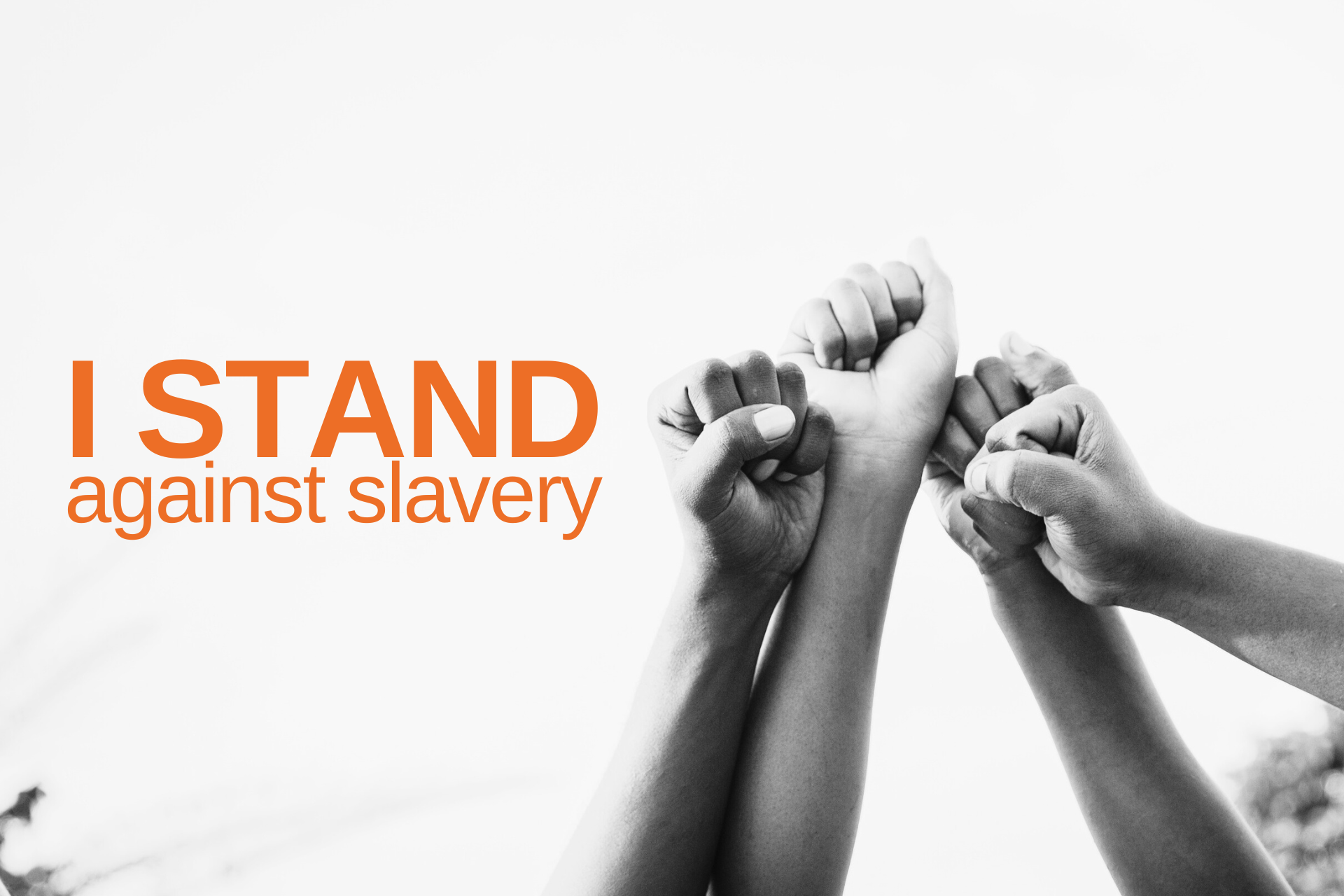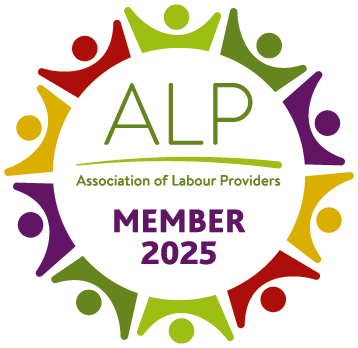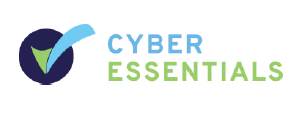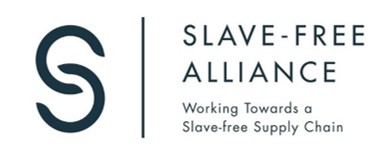Inclusion, Policy & Advocacy: How to Ensure Gender Equality in the Workplace
8 March 2024
How can businesses break down barriers and foster an inclusive workplace culture?
From groundbreaking policies to Smart’s gender pay gap. We’re leaving no stone untuned in the role that our business can play in the quest for workplace gender equality.
International Women’s Day is a day to reflect, advocate, and enact change.
However, our commitment to gender equality in the workplace isn’t just a slogan, or something to be marked once each year.
It’s ingrained in our Group.
Most importantly, within our HR operations and our ‘people first’ strategy.
International Women’s Day (IWD) in the corporate world, presents an opportunity to reassess and strengthen HR policies to create an inclusive environment for all employees.
By ensuring inclusive policies for all and understanding the challenges for the modern woman, HR can contribute to fostering equality, diversity, and empowerment within the workplace.
What can HR do?
- Policy Development:
Develop HR policies to support women and promote gender equality in the workplace, such as:
- Family Friendly leave policies: enhanced maternity pay and shared parental leave.
- Flexible working policies
- Menstrual policies: Menopause, period, and fertility/IVF policies.
- Flexible Work Arrangements:
Promote and implement flexible work arrangements that accommodate the diverse needs of employees, including working mothers and caregivers. Whilst also encourage a supportive culture that values work-life balance and family responsibilities.
- Advocacy:
Advocate for equal opportunities, fair compensation, and career development for all employees, irrespective of gender.
At Smart Solutions…
At Smart, we started the development of our family friendly policies in 2018 with the introduction of enhanced maternity, paternity and shared parental leave and pay.
Since then, we have launched a Menopause policy to demonstrate our support for employees suffering with symptoms associated with the menopause and highlight our dedication to ensure the workplace is comfortable for, and sensitive towards, affected individuals.
The policy highlights the responsibilities of employees, managers, and HR when it comes to menopause in the workplace.
A helpful toolkit has been added within the appendices to aid the conversation surrounding menopause; this includes a manager’s guide for colleague discussions, a confidential colleague discussion record, and a menopause advice sheet for employees on how to talk to your GP about menopause.
We felt it important to not only launch the policy, but also embed it with training and manager support.
We are currently looking at further ways to develop women-focused policies across all demographics such as period and fertility policies.
Our Gender Pay Gap
The Gender Pay Gap (GPG) report is a transparent and fair way of measuring inequality and equal pay when comparing similar or equal work.
The GPG represents systemic inequality and is one of the initiatives that the UK government have created to support the closing of the gap.
As of April 2023, the UK gender pay gap amongst full-time stood at 7.7%, and 14.4% for all employees.
The UK GPG is the highest amongst those 40 and over, where it stands at 10.3% (40 – 49), 11.2% (50 – 59), and 14.2% (over 60s).
The average GPG in the UK means that women work for two months for free during the calendar year.
This is not the case at Smart.
At Smart, our GPG for 2022/23 was consistent with previous years, where women earned £1 for every £1 men earnt.
Additionally, 64.9% of women was paid bonus in comparison to 66.6% of men however when looking at the bonus payments, women earn £1.50 for every £1 that men earn when comparing median bonus pay.
But our commitment extends beyond mere statistics. It’s about creating a workplace where everyone feels empowered to thrive, regardless of their gender identity.
By actively engaging in these initiatives, HR can contribute to creating a workplace that values and supports women, not just on International Women’s Day but throughout the year.
This commitment helps in building a more inclusive and diverse organisational culture. If you want to know more about the work that we do, contact us here.











